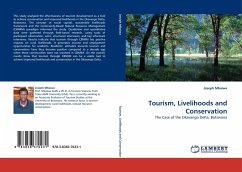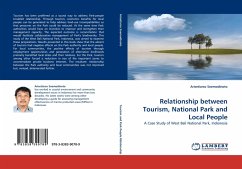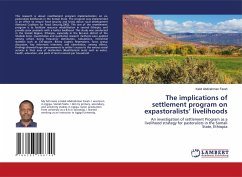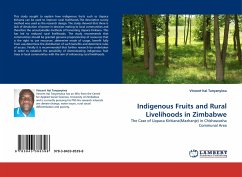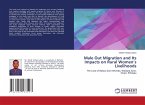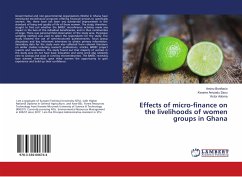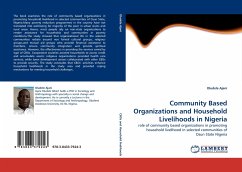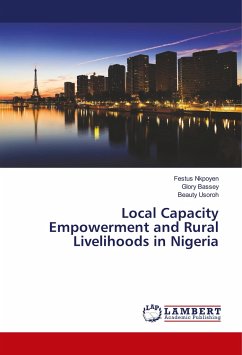This study analyzed the effectiveness of tourism development as a tool to achieve conservation and improved livelihoods in the Okavango Delta, Botswana. The concept of social capital, sustainable livelihoods framework and the Community-Based Natural Resource Management (CBNRM) paradigm informed the study. Qualitative and quantitative data were gathered through field-based research, using tools of participant observation, semi- structured interviews, and key informant interviews. Results indicate that tourism through CBNRM has positive impacts on rural livelihoods. It generates income and employment opportunities for residents. Residents attitudes towards tourism and conservation have thus become positive compared to a decade ago when these communities were not involved in CBNRM. On the overall, results show that tourism through CBNRM can be a viable tool to achieve improved livelihoods and conservation in the Okavango Delta.
Bitte wählen Sie Ihr Anliegen aus.
Rechnungen
Retourenschein anfordern
Bestellstatus
Storno

